Amplification and Assistive Devices (AAD)
PP301 - Sharing the Camp CHAT Experience: A Report for Children and Teens with Hearing Loss, Their Families, and Audiology Students
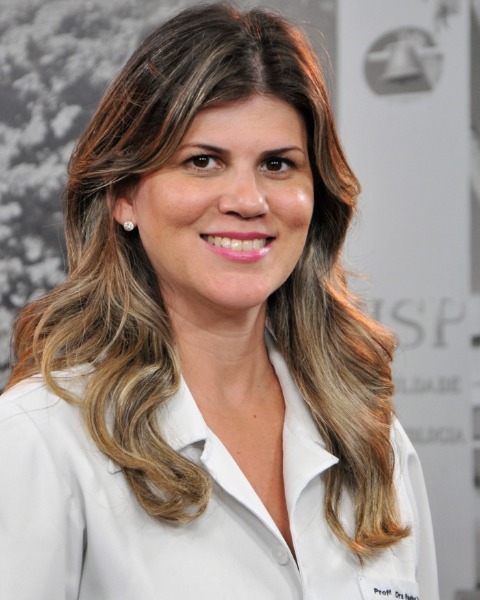
Regina TS Jacob, PhD
Professor
University of Sao Paulo
Bauru, Sao Paulo, BrazilDisclosure(s): No financial or nonfinancial relationships to disclose.
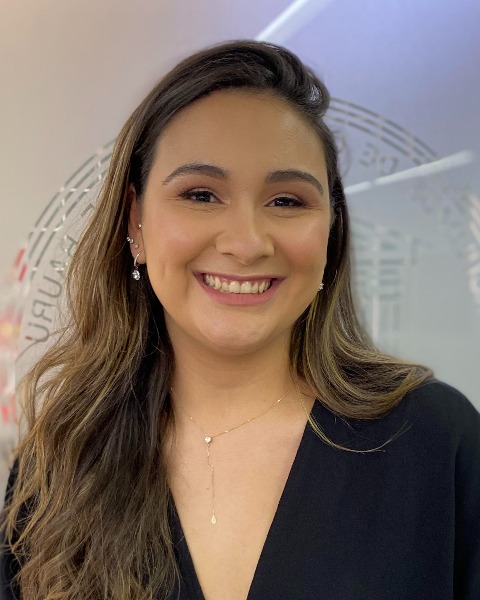
Clara B. Iplinsky (she/her/hers)
Master's degree student
Bauru School of Dentistry - University of São Paulo
Bauru, Sao Paulo, BrazilDisclosure(s): No financial or nonfinancial relationships to disclose.
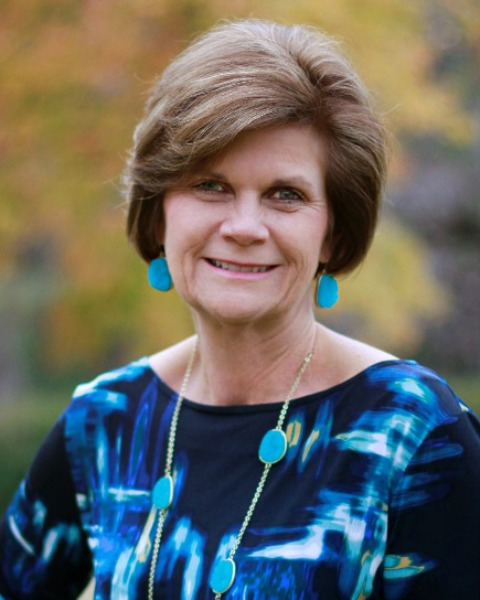
Linda Thibodeau, PhD
faculty
University of Texas
University of Texas at Dallas
Dallas, TexasDisclosure(s): Phonak: Consultant (Ongoing), Grant/Research Support (Ongoing), Speaker/Honoraria (Ongoing)
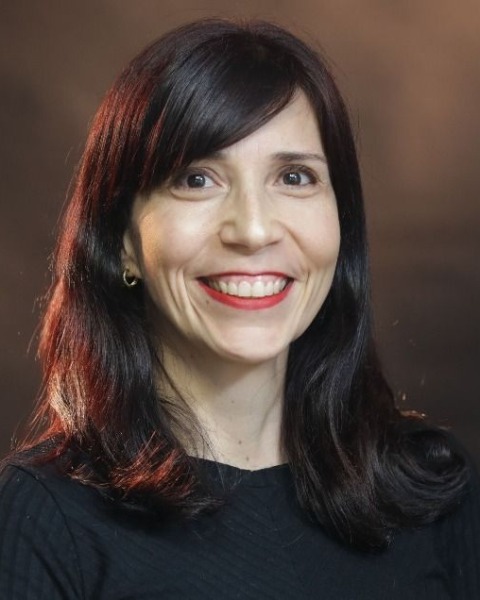
Camila Medina, PhD (she/her/hers)
Designer
FOB-USP
FOB-USP
Bauru, Sao Paulo, BrazilDisclosure(s): No financial or nonfinancial relationships to disclose.
- LS
Lívia Silva
Bauru School of Dentistry-University of São Paulo, Sao Paulo, Brazil
Disclosure(s): No financial or nonfinancial relationships to disclose.
- TZ
Ticiana Cristina de Freitas Zambonato, PhD (she/her/hers)
University of Sao Paulo
University of Sao Paulo
Bauru, Sao Paulo, BrazilDisclosure(s): No financial or nonfinancial relationships to disclose.
- LC
Larissa de Almeida Carneiro
University of Sao Paulo
University of Sao Paulo, Sao Paulo, BrazilDisclosure(s): No financial or nonfinancial relationships to disclose.
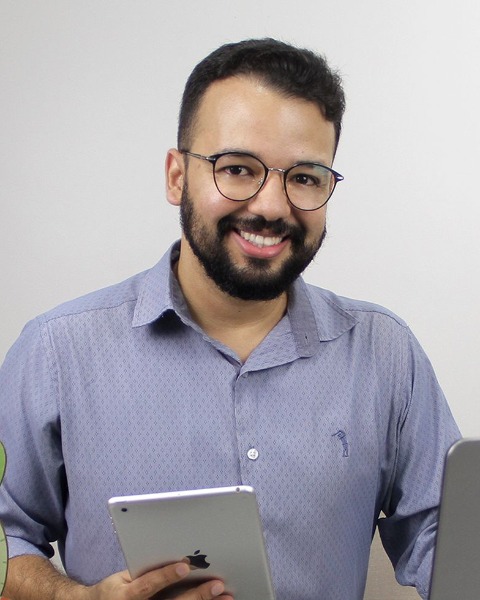
Hugo Carvalho, MD
Audiologist
University of São Paulo
University of São Paulo
BrazilDisclosure(s): No financial or nonfinancial relationships to disclose.
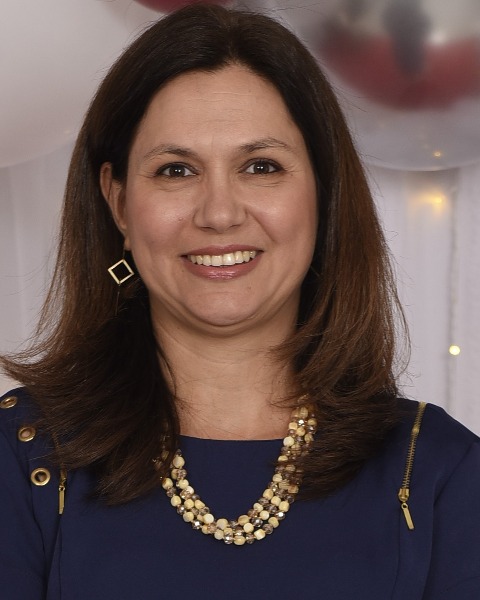
Thais Corina Said de Angelo, MS
Department of SLP-Audiology, Bauru School of Dentistry, University of São Paulo
Bauru, Sao Paulo, BrazilDisclosure(s): No financial or nonfinancial relationships to disclose.
- NF
Natalia Frederigue-Lopes, PhD
Professor, Bauru School of Dentistry, University of Sao Paulo, Brazil
Disclosure(s): No financial or nonfinancial relationships to disclose.
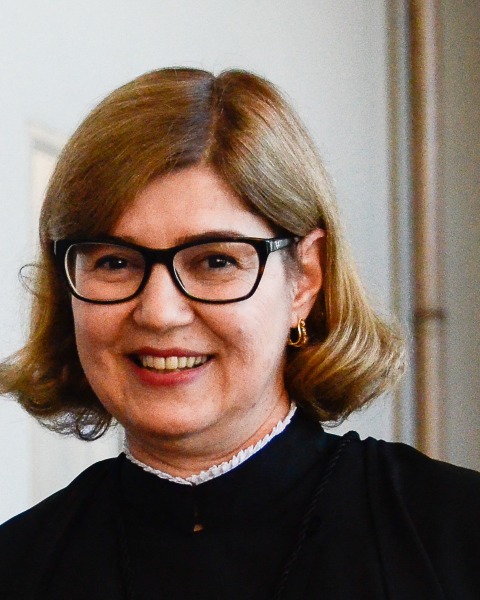
Adriane Lima Mortari Moret, PhD
Professor
University of São PauloDisclosure(s): No financial or nonfinancial relationships to disclose.
Lead Presenter(s)
Contributor (Not Presenting)(s)
Presenter(s)
Contributor (Not Presenting)(s)
Camp CHAT is a unique weekend retreat designed for teens with hearing loss and their families. Led by professors and licensed audiologists, with the support of graduate and undergraduate students, the campers and families use the latest digital wireless microphones and technology while experiencing traditional camp activities such as low ropes courses, swimming, fishing, archery, and tree climbing. This report highlights the remarkable activities and outcomes achieved at two Camp CHAT locations, one in the USA and the other in Brazil, presenting valuable insights for anyone working with children and teenagers with hearing loss.
Summary:
After reviewing the literature and interviewing adults who had hearing loss during their teenage years, as well as teens with hearing loss and their parents, regarding their communication experiences and concerns, it was determined that a series of activities were needed to provide teens with positive listening experiences while they were using assistive technology, and to simultaneously boost their self-esteem (Barak & Sadovsky, 2008; Sahli & Belgin, 2006; Zheng et al., 2001; Nicholson et al., 2014). We report the experience findings of the program COMMUNICATION HABILITATION VIA AUDITION FOR TEENS, Camp CHAT, which aims to empower teens with hearing loss to achieve independence through effective communication. Methodology: CAMP-CHAT is a blend of service delivery, student training, and community awareness over a weekend in a camping setting. It is an opportunity for students to gain intensive experience in serving teens with hearing impairment and their communication partners. In addition, all experience the benefits of cooperative learning in a social environment. The conference includes games and outdoor activities using the latest wireless technology for the teens as well as for family members to experience the “feel” and “sound” that can be achieved through remote microphone technology.
Results: Camp CHAT has been offered as a required course for Audiology students at The University of Texas at Dallas, USA, for the past 15 years and an elective course for Audiology and Speech Language Pathologist students at the University of Sao Paulo, Brazil, last October. In Dallas, 18 teens, parents, siblings, 15 students, and 2 Professors participated. In Brazil, 27 teens and children, parents and siblings, 15 students, and 3 Professors participated, and it was a day camp. Feedback forms completed by the participants, parents, and students were reviewed. Given the opportunity, every child/teen and parent stated they would join Camp CHAT again and recommend CAMP-CHAT to others. They also rated the games and activities on a scale of 1-5 (USA) and 0-3 (Brazil), 5 and 3 being the most useful. The vast majority of scores were in the top range for each game, showing the benefit of the games for both parents and children/teens. One of the participants stated the relevance of Camp-CHAT because it was the first time she met other children with the same hearing problem. All of the students recommended CAMP-CHAT to others. They affirmed that the learning experience was excellent and added to their formation as professionals, with different situations of those trained in the clinic, with a profound interchange with the children/teens and parents.
Conclusion: The results of this experience provide empirical evidence of the value of support interaction for the participant and family and for optimizing learning for students.
Learning Objectives:
- Describe a family-centered, intensive delivery service experience for children/teens with hearing loss and list at least two learning skills for audiology and SLP students during this experience.
